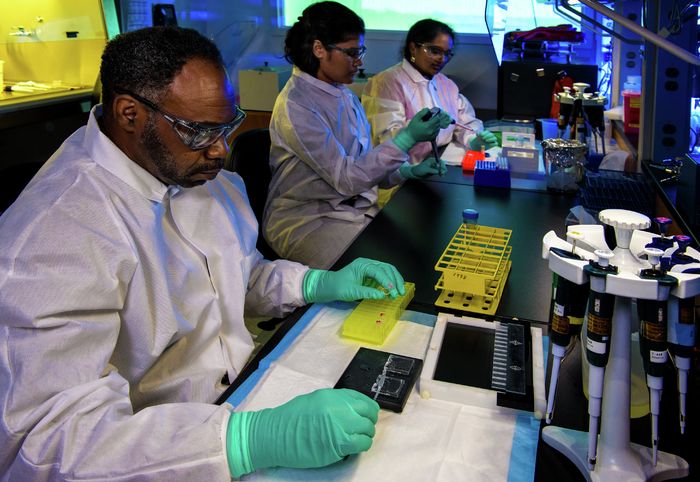Twelve Cambridge researchers awarded European Research Council funding
Projects granted funding include research into cooperation in prehistoric societies and synthetic information molecules

Twelve University of Cambridge researchers have been awarded Advanced Grants by the European Research Council (ERC), Europe’s foremost funding body.
The University has the most grantees of any UK institution, and continentally is second only to the Centre National de la Recherche Scientifique (CNRS), which houses 14 of this year’s 209 winning projects.
Cambridge’s 12 recipients make up almost 25% of the 51 UK-based researchers. The UK has the highest number of grantees of all participating countries.
Professor Melinda Duer of Cambridge's Yusuf Hamied Department of Chemistry, who has been awarded a grant for a project exploring the chemistry of biological tissue, praised the ERC for being “one of the few organisations that understands the need for longer-term funding for high-risk, high-reward research”.
Advanced Grants are awarded to scientists based in an EU or affiliated country who have at least ten years of recognised research achievements to their name. Only 8% of candidates were successful this year.
The EU's contribution to Britain’s research income amounted to €5.9 billion between 2014 and 2019, 14% of the total. Amid fears that scientific research in Britain could be deprived of this funding after Brexit, the EU-UK Trade and Cooperation Agreement agreed to provide continued access to EU grants.
Among British universities, Cambridge is especially reliant on EU funding, accounting for almost 18% of the University’s research income.
Winning proposals came from seven different Cambridge Departments. In the Natural Sciences, these included projects exploring synthetic information molecules, the development of energy-efficient electronics, the development of next-generation energy materials, the world of nonequilibrium collective phenomena, spin control in radical semiconductors, and the early evolution of the Earth.
In Mathematics, projects on statistical methodology and theory for large-scale data, and mirror symmetry in algebraic geometry received grants.
Meanwhile, in the Humanities and Social Sciences, winning proposals included studies of cooperation in prehistoric societies, the evolution of homo sapiens, and the languages of the Near East.
 News / SU reluctantly registers controversial women’s soc18 December 2025
News / SU reluctantly registers controversial women’s soc18 December 2025 Features / Should I stay or should I go? Cambridge students and alumni reflect on how their memories stay with them15 December 2025
Features / Should I stay or should I go? Cambridge students and alumni reflect on how their memories stay with them15 December 2025 News / Dons warn PM about Vet School closure16 December 2025
News / Dons warn PM about Vet School closure16 December 2025 News / Cambridge study finds students learn better with notes than AI13 December 2025
News / Cambridge study finds students learn better with notes than AI13 December 2025 Comment / The magic of an eight-week term15 December 2025
Comment / The magic of an eight-week term15 December 2025










